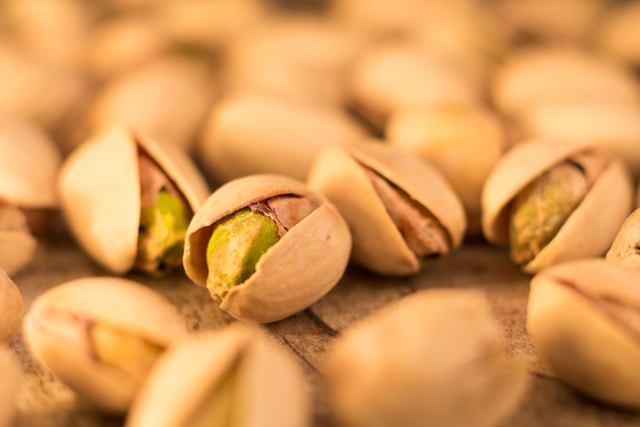Centenarians, or people who live to be 100 years or older, provide a unique window into the world of aging and particularly, successful aging, and they teach us a lot about diet. Given the geographical diversity and likely genetic differences between populations living to old age around the world, are there any particular dietary patterns or food choices that appear to coincide with these groups? An analysis of centenarians’ diets reveals essential nutritional paradoxes that encourage healthier living and the adoption of behaviors that promote longevity.
Eating a Plant-Based Diet Rich in Fruits and Vegetables
Long-living centenarians eat a fairly plant-based diet, loaded with fruit and vegetables. This is because those foods are full of the very vitamins, minerals, antioxidants, and fiber that those studies have shown to be protective of overall health and protection from chronic disease. They consume staples including leafy greens, berries, legumes, and cruciferous vegetables, laden with essential nutrients that promote longevity and optimal health.
Whole grains/complex carbs
Many of these centenarians incorporate whole grains in their diet – A diet high in whole grains, such as brown rice, quinoa, oats, and whole wheat. These foods are made up of complex carbohydrates, they mobilize energy slowly, nd are excellent for the gut and satiety. For example, centenarians often shun or cut back on refined carbohydrates and sugars but may eat small portions of whole grains, combined with protein, healthy fats, and other nutrient-dense foods.
Lean Protein Sources
Protein is required for muscle repair, immune health, and just about a million other things that go on in a cell. Centenarians often eat lean protein, including fish, poultry, beans, legumes, and nuts and seeds. Because these proteins are frequently consumed alongside heart-healthy fats (omega-3 fatty acids from fish, anyone?) they may boost cardiovascular health and the performance of the brain.
Good Fats: Think in Terms of Vegetable Oils
Fats are necessary for long-term survival, supplying crucial fatty acids that support brain function, hormone production, and regulation of inflammation. Centenarians eat fats but in a moderate amount, most part them are plant-based oils such as olive oils which are abundant in monounsaturated fat and antioxidants. They are used in cooking and salad dressing and contribute to cardiovascular health and general health.
BALANCED CALORIES WHILE EATING MINDFULLY
Mindfulness practices, a key component of centenarian diets, include listening to hunger cues, eating only until satisfied, and savoring the taste of food. The majority believe in eating everything in moderation i.e. not going overboard with their calorie count and chomping on a balanced meal that is nutritious but not high in calories. In addition to helping control weight, this approach is also good for metabolic health and lifespan.
Herbal Teas and Hydration
Water is the source of life and energy! Centenarians generally drink scheissdreck of tea and water all day long which keeps their hydration intact and helps their body to function optimally. Some herbal teas, like green tea and chamomile tea, are also appreciated for their antioxidant contents and thus possible health benefits, adding to the anti-aging nature.
Social and Cultural Factors
Centenarians also gain from the social and cultural elements that support community, purpose, and emotional well-being. Sharing meals with family and friends helps to build our social connections and our feelings to fit in. All of these serve to lower stress, improve mental health, and ultimately improve quality of life — a more holistic map to a longer life not just diet.
Conclusion
Here, some of the nutritional secrets of centenarians suggest the value of a balanced diet of plants, such as fruits, vegetables, and whole grains, along with some lean proteins and a few healthy saturated and trans fats. This way of eating involves only consuming nutrient-dense foods and focusing on mindful eating to improve healthspan and life span. Diet aside, longevity and vibrancy come from strong social bonds, mission-based existence, and overall wellness. From the dietary practice of centenarians, the benefits of healthy aging can be concluded, and learn lessons to live a life concomitant with longevity and race sustainability.








